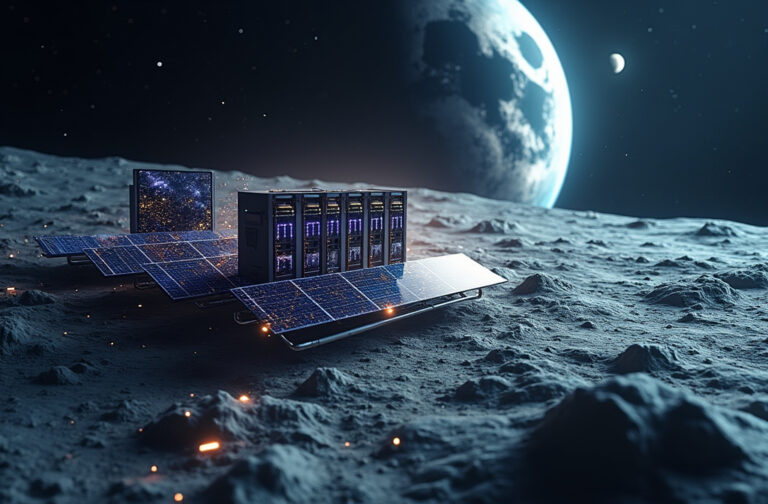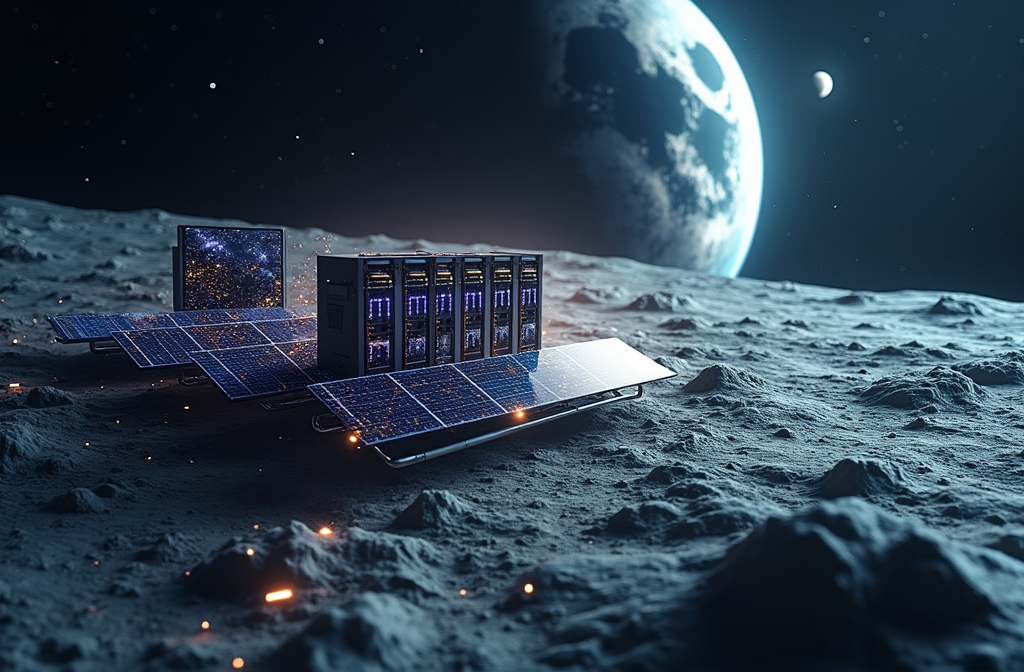Education is often hailed as the most powerful tool for transforming societies, and a groundbreaking partnership between Sateliot, a leader in satellite technology, and UNESCO, a global advocate for education, is poised to revolutionize learning across Latin America. Together, they’ve launched the Sateliot Impact Challenge, a forward-thinking initiative designed to empower teachers and students in remote regions through the power of STEM (Science, Technology, Engineering, and Mathematics). This collaboration by Sateliot and UNESCO aims to empower Latin America’s STEM future.
Transforming Education with Satellites
In many parts of Latin America, access to quality education is hindered by geographic and technological barriers. Sateliot is tackling this challenge head-on by leveraging its 5G NB-IoT satellite network to connect even the most remote schools to high-speed, reliable internet. This connectivity ensures students and teachers have access to cutting-edge resources and global learning opportunities.
The Sateliot Impact Challenge is the centerpiece of this initiative. It focuses on:
- Teacher Training: Equipping educators with skills to lead project-based learning.
- Student Empowerment: Enabling young minds to solve real-world problems using STEM principles.
From Classrooms to Real-World Solutions
The program goes beyond textbooks, emphasizing hands-on learning. Teachers act as guides, helping students identify challenges in their communities and develop innovative solutions. For instance, students might design devices to conserve water in drought-stricken areas or create apps to improve local healthcare access.
The first phase of the project will launch in Brazil and Chile, with plans to expand to other regions, including Africa, Asia, and the Middle East. The initiative will culminate in the BCN2026 Hackathon, a global event where top student projects are showcased and celebrated.
Why This Matters
This partnership addresses critical global issues:
- Closing the Digital Divide: Many students in rural areas lack access to the internet and modern learning tools. Sateliot’s satellites bridge this gap.
- Building Future Leaders: By engaging in problem-solving, students gain critical thinking skills and confidence, preparing them for high-demand careers in STEM fields.
- Sustainable Development: Projects developed through this initiative can directly address challenges like climate change, poverty, and healthcare inequality.
A Vision for the Future
Sateliot and UNESCO’s collaboration represents a significant step toward equitable education. By merging technology with hands-on learning, they’re not just teaching science—they’re teaching students to think like scientists, innovators, and leaders.
As Sateliot CEO Jaume Sanpera puts it:
“This partnership empowers students in remote areas to acquire transformative skills essential for quality employment in the future. It’s a responsible and meaningful way for us to contribute to a more equitable world through the transformative power of education.”
When to Expect Impact
The program is already rolling out in Brazil and Chile, with pilot projects starting in schools this year. Global expansion is expected in the next few years, ensuring that the impact of this initiative reaches beyond Latin America.
By fostering a love for science and innovation, Sateliot and UNESCO are not only changing the narrative for students in remote areas but also laying the groundwork for a more sustainable, equitable future—one innovative project at a time.
Article derived from: O’Grady, V. (2024, November 5). Sateliot and UNESCO collaborate on STEM project in Latin America. Developing Telecoms. https://developingtelecoms.com/telecom-business/humanitarian-communications/17574-sateliot-and-unesco-collaborate-on-stem-project-in-latin-america.html
Check out the cool NewsWade YouTube Video about this article.
















